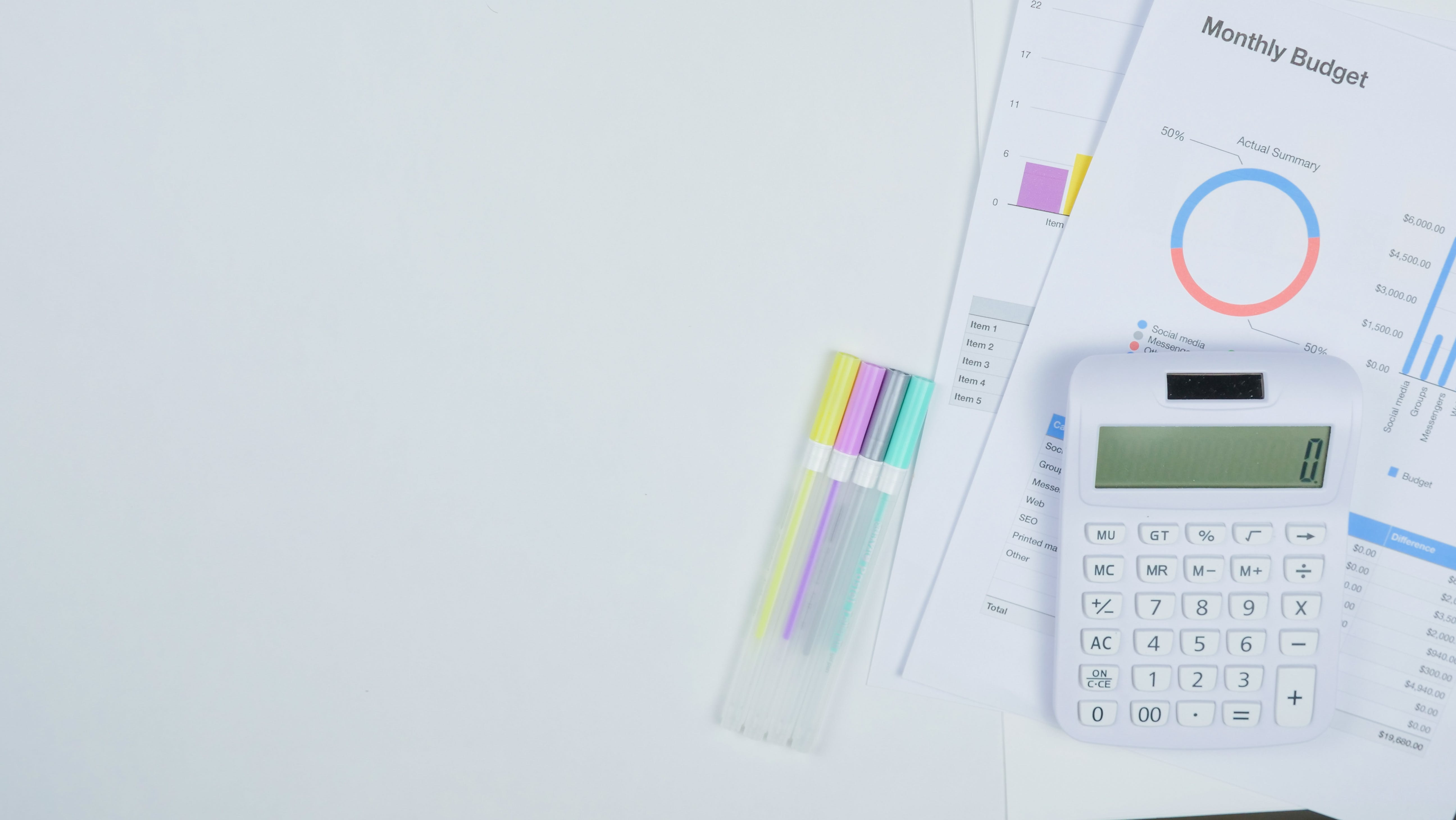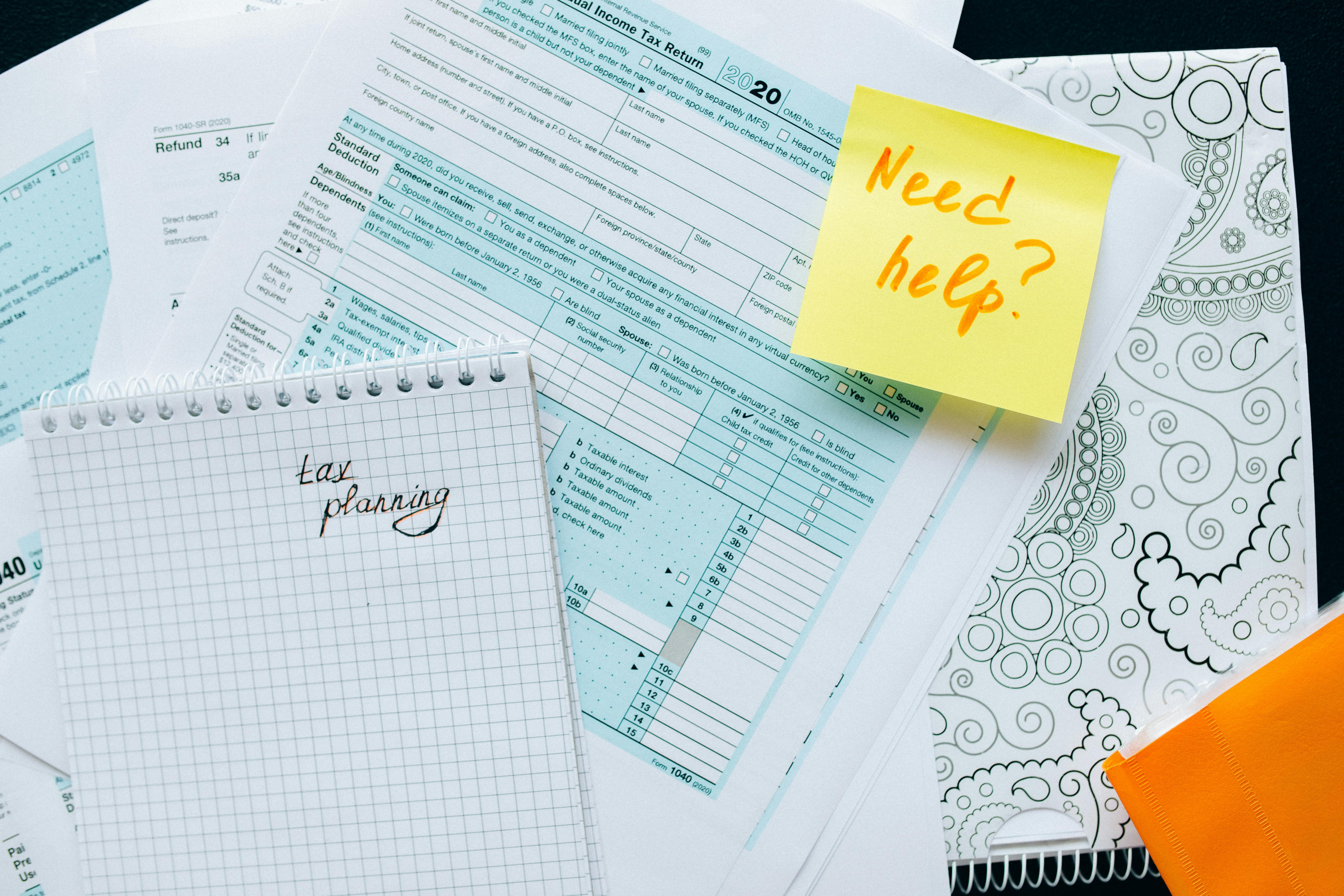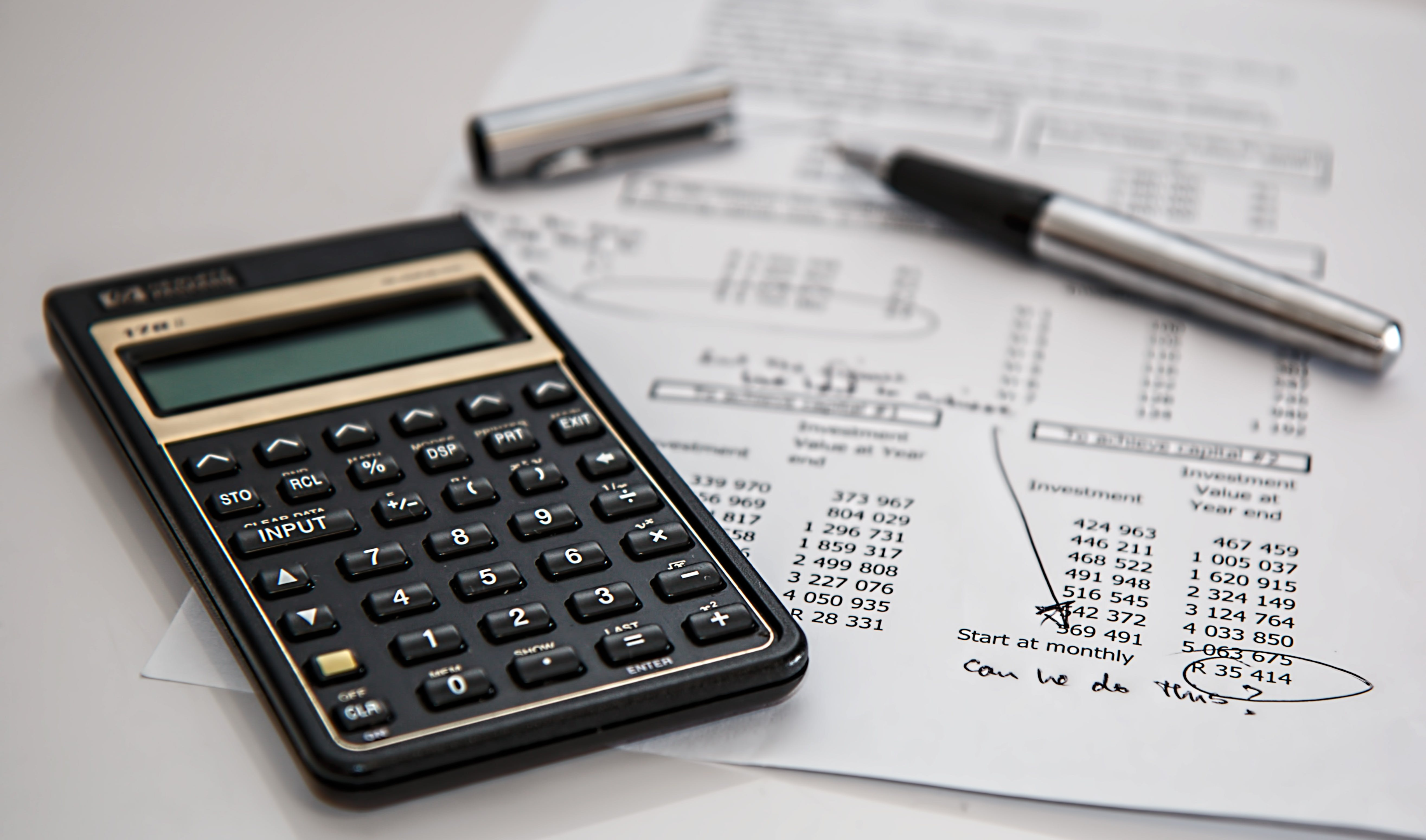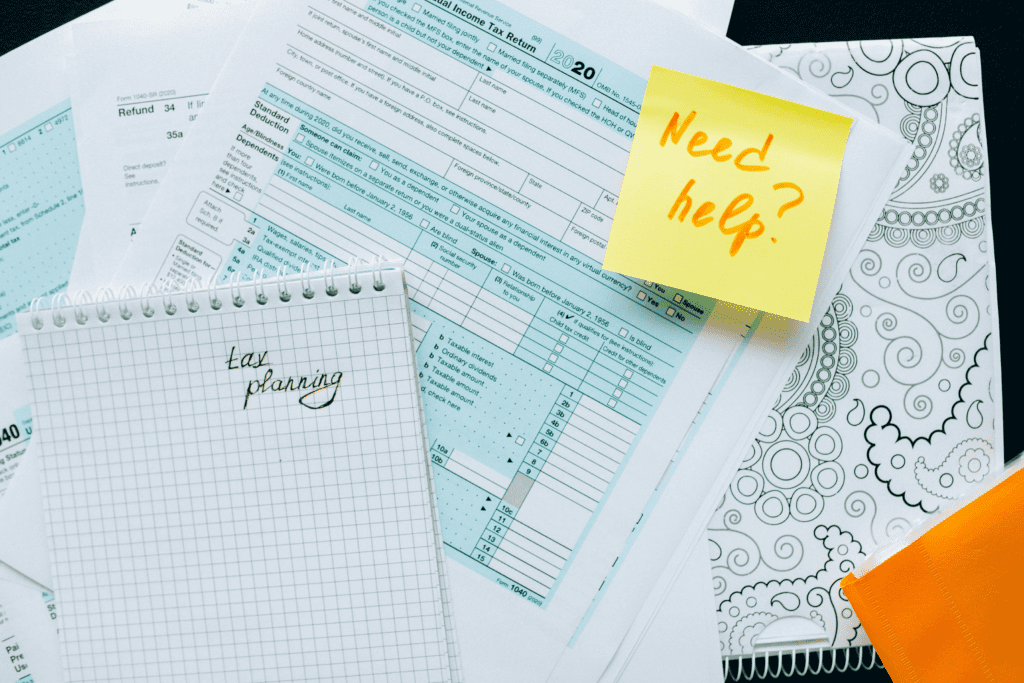
Managing your finances effectively in %Year% requires more than just tracking your spending—it’s about creating a strategic financial plan that aligns with your goals. budget apps have become invaluable tools in helping individuals gain clarity on their spending habits, improve debt management, and work towards long-term wealth-building. These apps allow you to link bank accounts, track expenses, and even provide insights into your cash flow to help you make smarter financial decisions.
At Paradigm Life, we believe in empowering you with tools that support the Perpetual Wealth Strategy™, helping you optimize your resources and grow your wealth. With these budgeting apps, you can create a comprehensive spending plan that’s both flexible and strategic. Most of these apps are available for both iOS and Android and offer free versions or trial options to get started.
Here are our top picks for the best budgeting apps:
YNAB (You Need A Budget): The Zero-Based Budgeting Powerhouse
YNAB stands out for its zero-based budgeting approach, which encourages users to assign every dollar a job—whether it’s for spending, saving, or debt repayment. This hands-on app makes you more intentional with your financial decisions, providing both a practical tool and educational resources to get the most out of your budget.
- Pros: Focuses on proactive financial planning, not just tracking past spending. Great for those who want a hands-on approach to budgeting and long-term wealth-building.
- Cons: Requires a bit of commitment to stay on top of the process. The subscription cost may be higher than other apps.
- Cost: $14.99/month or $99/year, with a 34-day free trial.
If you’re looking to make the most of your financial strategy, YNAB can help you allocate funds efficiently and set yourself up for future success.
Goodbudget: Embrace Envelope Budgeting for a Hands-On Approach
Goodbudget offers a traditional envelope budgeting system in a digital format. Instead of automatically syncing with your bank accounts, it lets you manually allocate funds into virtual envelopes, giving you full control over your budget and spending.
- Pros: Best for people who prefer manual budgeting and tracking their expenses on their own terms.
- Cons: Lacks automatic syncing with financial accounts, which may require more effort from users.
- Cost: Free version available, with a Goodbudget Plus plan for $8/month or $70/year.
By giving you direct oversight of your finances, Goodbudget is a great tool for anyone wanting to manage their spending without relying on external systems.
EveryDollar: A Simple Approach to Zero-Based Budgeting
EveryDollar simplifies zero-based budgeting, offering a straightforward approach to financial management. While its free version only lets you manually enter transactions, the premium version allows for bank syncing, automatic transaction tracking, and custom financial reports.
- Pros: Easy-to-use, simple budgeting framework.
- Cons: The free version lacks automated syncing and custom features.
- Cost: Free, with premium features at $79.99/year or $17.99/month.
For those who want simplicity without sacrificing budgeting control, EveryDollar offers an easy entry point into financial planning and budgeting.
Empower Personal Wealth: Track Wealth and Spending in One App
Formerly known as Personal Capital, Empower Personal Wealth is a great option for those who want to track both their spending and investments. The app provides an overview of your net worth, assets, and liabilities while giving you an easy-to-understand snapshot of your spending by category.
- Pros: Tracks both wealth and spending, offers net worth and portfolio tracking.
- Cons: More investment-focused, with less emphasis on budgeting.
- Cost: Free.
For anyone looking to manage both day-to-day finances and long-term wealth, Empower Personal Wealth helps you stay on track while growing your financial portfolio.
PocketGuard: Simplify Your Budgeting with Easy-to-Understand Insights
PocketGuard simplifies budgeting by connecting to your bank accounts, credit cards, and loans, offering an easy-to-read snapshot of how much you have left to spend after essential bills and goals. It also provides a debt payoff plan, making it great for those who want to stay on top of both spending and debt management.
- Pros: Simple to use, tracks your net worth, and helps manage debt.
- Cons: Limited features in the free version; some users may need more detailed planning tools.
- Cost: Free, with a paid version available at $7.99/month, $34.99/year, or $79.99 for lifetime access.
If you prefer a simplified budgeting snapshot with a focus on cash flow, PocketGuard offers the convenience and clarity you need.
Honeydue: Collaborative Budgeting for Couples
Honeydue is designed for couples who want to manage their finances together. This app allows partners to link their bank accounts, track expenses, set monthly spending limits, and communicate about their financial goals—all in one app.
- Pros: Perfect for couples who want to streamline budgeting and manage shared finances.
- Cons: More focused on reviewing past transactions than planning for the future.
- Cost: Free.
Honeydue helps couples work together toward shared financial goals while maintaining transparency and privacy where needed.

Our Methodology for Identifying the Top Budgeting Apps
When selecting the best budget apps for our list, we focused on identifying tools that provide real value and are designed to make managing your finances as easy and efficient as possible. Our methodology involved a thorough evaluation process that prioritized user experience, functionality, and the ability to help individuals effectively manage their finances over time.
We examined key features of these apps, considering how they cater to different financial needs—from simple expense tracking to more comprehensive financial planning. Below, we break down the key elements we used to identify the top budgeting apps available today.
Key Factors for Evaluating the Best Budget Apps
We considered several critical factors to ensure that the budget apps we recommend provide practical, long-term solutions for managing your finances. Here’s an overview of the aspects we looked at:
1. Account syncing options: A key feature in modern budgeting apps is the ability to sync with various financial accounts. Apps that allow seamless syncing with bank accounts, credit cards, and investment accounts enable users to manage all their finances in one place.
- Flexibility: We prioritized apps that give users control over how they sync their accounts—letting them choose which accounts to link and when to disconnect.
- Efficiency: Apps that automatically update transaction details make it easier to track expenses without manual input, saving users time and effort.
2. Financial planning focus: While many budget apps simply track past transactions, the best apps go a step further by helping users plan for the future. Financial planning features like goal setting, savings tracking, and proactive budget adjustments empower users to take control of their financial future.
- Proactive budgeting: We focused on apps that prioritize future-oriented planning over just keeping a historical record of your spending.
- Goal tracking: Apps that allow you to set and monitor financial goals (like saving for a house, paying off debt, or building an emergency fund) were given preference.
3. Expense categorization: One of the most effective ways to track and manage your finances is by categorizing your expenses. We evaluated how well each app allows users to organize spending into different categories (e.g., groceries, entertainment, housing) and provided insights on spending patterns.
- Detailed categories: The best budget apps offer customizable categories so users can track their spending based on their unique needs and goals.
- Insightful analytics: Apps that provide clear visual breakdowns of spending by category help users make informed decisions about where to cut back.
4. Bill tracking and alerts: Keeping track of bills and due dates is crucial for staying on top of finances and avoiding late fees. We looked for budget apps that offer bill-tracking features and timely reminders about upcoming payments.
- Payment alerts: Apps that send automatic alerts for upcoming bill payments or subscriptions help users stay organized and on track.
- Seamless integration: The best apps integrate directly with your accounts to provide real-time updates on due dates, balances, and reminders.
5. Partner sharing capabilities: Managing finances as a couple or with a business partner can be challenging without transparency. We assessed budget apps that offer partner sharing capabilities, allowing users to collaborate and track finances together securely.
- Financial transparency: Apps that let partners view and update shared expenses foster better financial communication and collaboration.
- Security: We ensured the apps on our list use secure encryption methods to protect shared financial data.
6. Multi-platform access: In today’s digital world, having access to your finances at any time and from any device is essential. We prioritized budget apps that work seamlessly across different platforms, including mobile apps, desktop interfaces, and tablets.
- Cross-device syncing: Apps that sync across multiple devices ensure you can stay on top of your finances whether you’re at home, at work, or on the go.
- User experience: We looked for apps with intuitive interfaces that offer a consistent user experience across all platforms.
Additional Features We Considered
Beyond the core features, we also explored supplementary functionalities that could add extra value to your budgeting experience. These included:
- Credit score monitoring: Apps that provide insights into your credit score help you manage your financial health and improve your borrowing power.
- Net worth tracking: The ability to track your net worth over time can provide valuable insight into your overall financial progress.
- Investment portfolio management: Some apps offer features for tracking investments, helping you monitor your financial portfolio alongside your day-to-day spending.
- Help resources: We evaluated apps that provide useful resources, such as articles, videos, or customer support, to help users optimize their budgeting efforts.

Budget-Friendly Pricing Models
Affordability is a key consideration for many users. We ensured that the budget apps we recommend provide cost-effective pricing options, including free versions or reasonably priced premium plans that offer valuable features without breaking the bank.
- Free or trial versions: Most apps we evaluated offer free versions or trial periods, allowing users to test features before committing to a subscription.
- Cost-Effective premium plans: For apps with premium features, we ensured the costs align with the value they provide, keeping them accessible for users at various financial stages.
Which Budgeting App is right for you?
Choosing the right budget app depends on your personal financial goals and preferences. Whether you need simple expense tracking or a comprehensive financial strategy, the right tool can help you optimize your spending, manage debt, and grow your wealth. From YNAB’s proactive budgeting approach to Honeydue’s collaborative features, there’s a budget app for every need. Take control of your financial journey and find the app that best supports your goals today

Take Control of Your Financial Future with the Right Budgeting Tools
Our methodology for evaluating budget apps ensures that these tools do more than just track spending—they empower you to make proactive financial decisions. With key features like account syncing, expense categorization, and financial planning, these apps provide comprehensive support for wealth-building and long-term financial success.
Whether you need a simple budgeting tool or an all-in-one financial management solution, these apps are designed to help you take control of your financial journey. Integrating budgeting apps with the Perpetual Wealth Strategy™ can enhance your financial approach and guide you toward lasting wealth.
Ready to optimize your financial strategy? Learn how to integrate budgeting with the Perpetual Wealth Strategy™ and start building your wealth today.
Learn more about creating a Spending Strategy.

FAQs
How do budgeting apps help with tax planning and maximizing tax savings?
Some budgeting apps provide features to track tax-deductible expenses, and categorize income. By monitoring these areas, you can better understand your potential tax liabilities and optimize savings through strategies like tax-advantaged accounts.
What security features should I look for in a budgeting app?
Look for budgeting apps that offer robust security features like two-factor authentication (2FA), data encryption, and secure account syncing. These features ensure your sensitive financial data remains safe and protected from unauthorized access.
How can budgeting apps assist with long-term financial planning and goal setting?
Many budget apps go beyond tracking daily expenses by helping users set and track long-term financial goals such as debt repayment, or emergency funds. Apps like YNAB and Empower Personal Wealth provide tools for goal-setting, enabling users to plan for the future and stay on track to achieve their financial aspirations.
Which budgeting apps have the best features for debt management?
Apps like PocketGuard and YNAB include features for managing and tracking debt, such as setting up debt paydown goals and tracking balances. These apps allow users to prioritize high-interest debts and help create actionable plans to reduce liabilities.
How do budgeting apps support users with financial education and customer support?
Many budget apps, like YNAB, offer comprehensive educational resources, including articles, videos, and even community forums. Some apps also provide personal financial coaching or have customer support teams to assist you in using the app more effectively for better financial decision-making.






